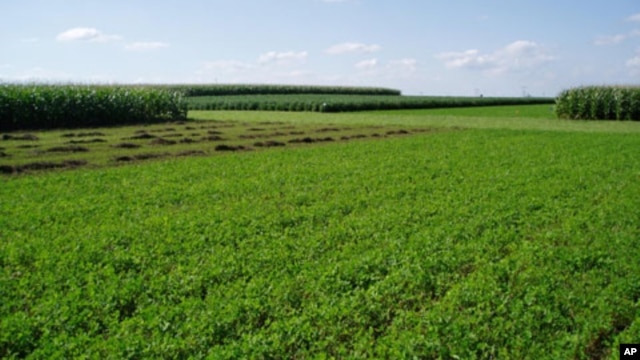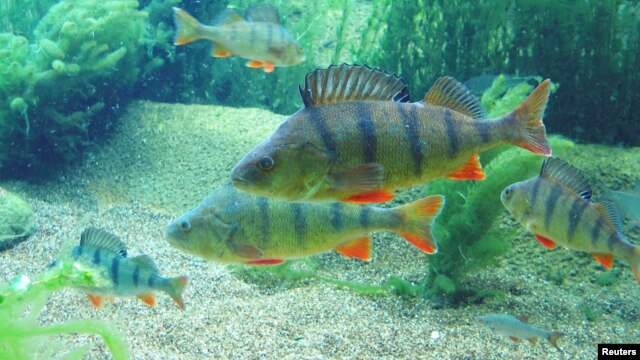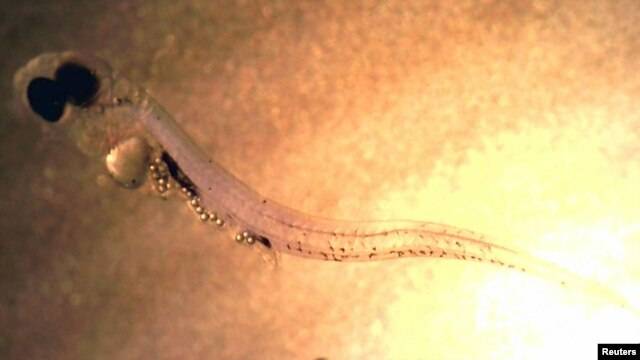theunbubba
Member
- Feb 28, 2009
- 560
- 55
- 16
There is a new process for turning non food biomass into actual gasoline indistinguishable from the petroleum based form.
Lab finds new method to turn biomass into gasoline
If they can get this into a commercially feasable form it could destroy the jihadi's power base!
Lab finds new method to turn biomass into gasoline
If they can get this into a commercially feasable form it could destroy the jihadi's power base!





